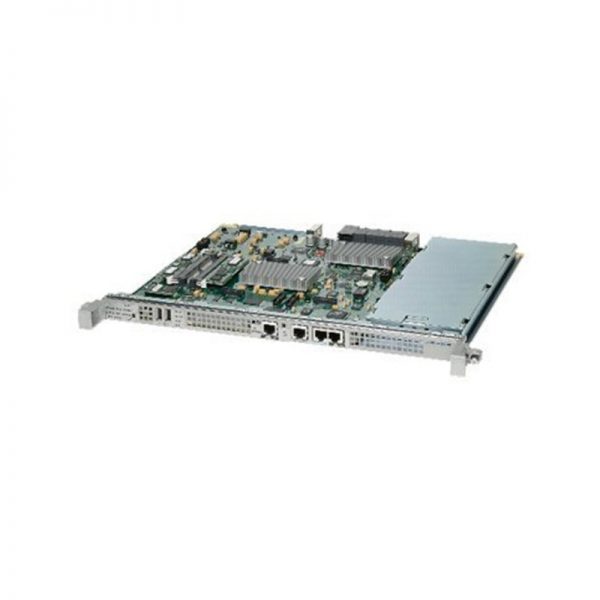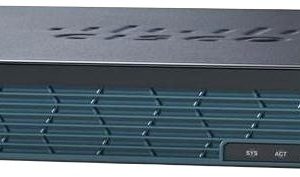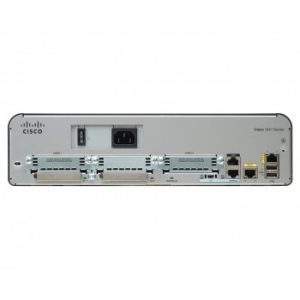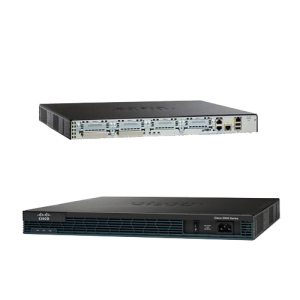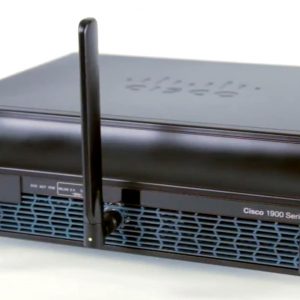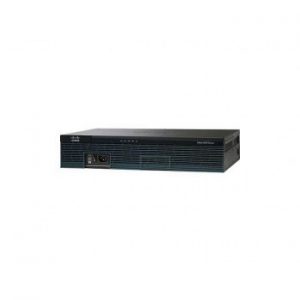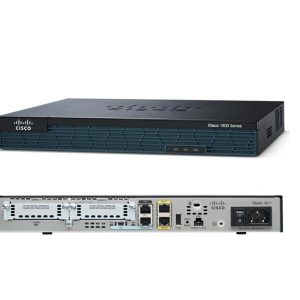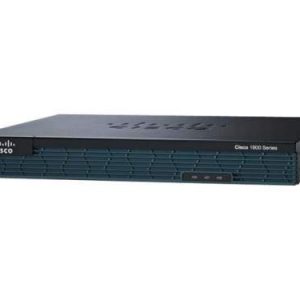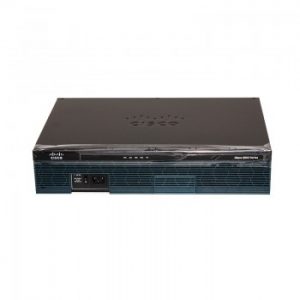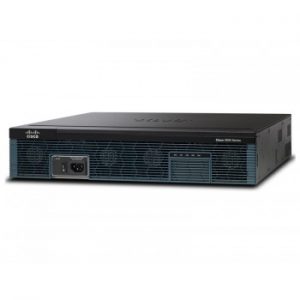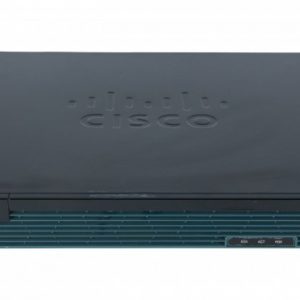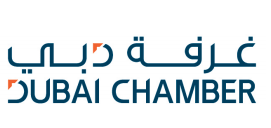Product Details
ASR1000-RP1
AED15,000.00
< tbody >
| Model: | ASR1000-RP1 Cisco ASR 1000 Processor |
| Detail: | Cisco ASR 1000 Processor ASR1000-RP1 |
Description
ASR1000-RP1 Specification |
|
| Chassis support | Cisco ASR 1004 and ASR 1006 chassis
(Note: The Cisco ASR 1002 chassis comes with the Cisco ASR 1000 Series RP1 built into the chassis.) (Note: Cisco ASR 1001, ASR 1001-X, and ASR 1002-X (part numbers ASR1001, ASR1001-X, ASR1002-X) have an integrated Route Processor built in to the chassis that is not upgradable) |
| Software compatibility | Cisco IOS XE Operating System, which is based on Cisco IOS Software Release 12.2SR (Please consult your Cisco account representative for additional details.) |
| Software protocols | Refer to Cisco IOS Software 12.2SR protocol support |
| Connectivity | ● Console port (RJ-45 connector)
● Auxiliary port (RJ-45 connector) ● 10/100/1000 Ethernet port (RJ-45 connector) ● Two RJ-48 connectors for BITS input clocks |
| Memory options | ● Two 1-GB Double Data Rate 2 (DDR2) mini-DIMMs
● Two 2-GB DDR2 mini-DIMMs ● Upgradable memory from 2-GB to 4-GB DRAM |
| Storage options | ● 40-GB HDD (RP1 only)
● 1-GB USB Compact Flash memory |
| Performance | ● Scalability up to 1,000,000 IPv4 routes or 500,000 IPv6 routes
● BGP RR Scalability up to 5,000,000 IPv4 routes or 3,000,000 IPv6 routes |
| Reliability and availability | ● 1 + 1 redundancy in dual-route-processor configuration
● Support for online insertion and removal (OIR) ● Support for NSF and Stateful Switchover (SSO) ● Support for ISSU |
| MIBs | ● RFC 2737 compliant |
| Network management | ● Telnet and Secure Shell (SSH) Protocol (command-line interface [CLI])
● Console port (through the CLI) ● Simple Network Management Protocol (SNMP) ● RFC 2665 |
| LEDs | ● PWR – Power
Green – All power rails are within specifications ● STAT – Status Green – Cisco IOS Software has booted Yellow – BootROM has successfully loaded Red – System failure or during boot process ● ACTV- Active Green – Active route processor ● STBY – Standby Yellow – Standby route processor ● CRIT – Critical Red – Critical alarm or during boot process ● MAJ – Major Red – Major alarm ● MIN – Minor Amber – Minor alarm ● LINK – Management Ethernet link status Solid green – Link with no activity FLASH green – Link with activity Off – No link ● DISK0 – Internal Compact Flash FLASH Green – Activity indicator Off – No activity ● DISK1 – External Compact Flash ● DISK2 – Internal HDD ● CARRIER – BITS interface |
| Physical dimensions (H x W x D) |
0.92 x 16.7 x 14.19 in. (0.02 x 0.428 x 0.36m) |
| Approvals and compliance | Safety
● UL60950-1 and CAN/CSA-C22.2 No. 60950-1-03 Information technology equipment ● AS/NZS 60950-1 ● IEC/EN 60950-1 Information technology equipment ● 73/23/EEC Electromagnetic Emissions Certification ● AS/NZ 3548: 1995 (including AMD I + II) Class B ● EN55022: 1998 Class B ● CISPR 22: 1997 ● EN55022: 1994 (including AMD I + II) ● 47 CFR Part 15: 2000 (FCC) Class B ● VCCI V-3/01.4 Class 2 ● CNS-13438: 1997 Class B ● GR1089: 1997 (including Rev. 1: 1999) Immunity ● EN300386: 2000-TNE EMC requirements; product family standard; high priority of service; central office and noncentral office locations ● EN50082-1: 1992/1997 ● EN50082-2: 1995-Generic Immunity Standard, Heavy Industrial ● CISPR24: 1997 ● EN55024: 1998-Generic ITE immunity standard ● EN61000-4-2: 1995 + AMD I + II ESD, Level 4/8 kV contact, 15 kV air ● IEC-1000-4-3: 1995 + AMD 1-Radiated Immunity, 10 V/m ● IEC-1000-4-4: 1995-Electrical Fast Transients, Level 4/4 kV/B ● IEC-1000-4-5: 1995 + AMD 1-DC Surge-Class 3; AC Surge-Class 4 ● EN61000-4-6: 1996 + AMD 1-RF conducted immunity, 10 Vrms ● EN61000-4-11: 1995-Voltage Dips and Sags ● ETS300 132-2: 1996 + corrigendum, December 1996 ● GR1089:1997 (including Rev1: 1999) Network Equipment Building Standards The module meets the following Networking Equipment Building Standards (NEBS): ● GR-1089-CORE ● GR-63-CORE European Telecommunication Standards Institute (ETSI) ● ETSI 300 386-1 – Levels for equipment with a “high priority of service” that is installed in “locations other than telecommunication centers” ● ETSI 300 386-2:1997 – Levels for equipment with a “high priority of service” that is installed in “locations other than telecommunication centers” ● ETSI 300 132-2: December 1994 – Power supply interfaces at the input to telecommunications equipment Sections 4.8 and 4.9 |
| Environmental | ● Storage temperature: -38 to 150°F (-40 to 70°C)
● Operating temperature, nominal: 41 to 104°F (5 to 40°C) ● Operating temperature, short-term: 23 to 131°F (-5 to 55°C) ● Storage relative humidity: 5 to 95% relative humidity (RH) ● Operating humidity, nominal: 5 to 85% RH ● Operating humidity, short-term: 5 to 90% RH ● Operating altitude: -60 to 4000m (up to 2000m conforms to IEC/EN/UL/CSA 60950 requirements) |





